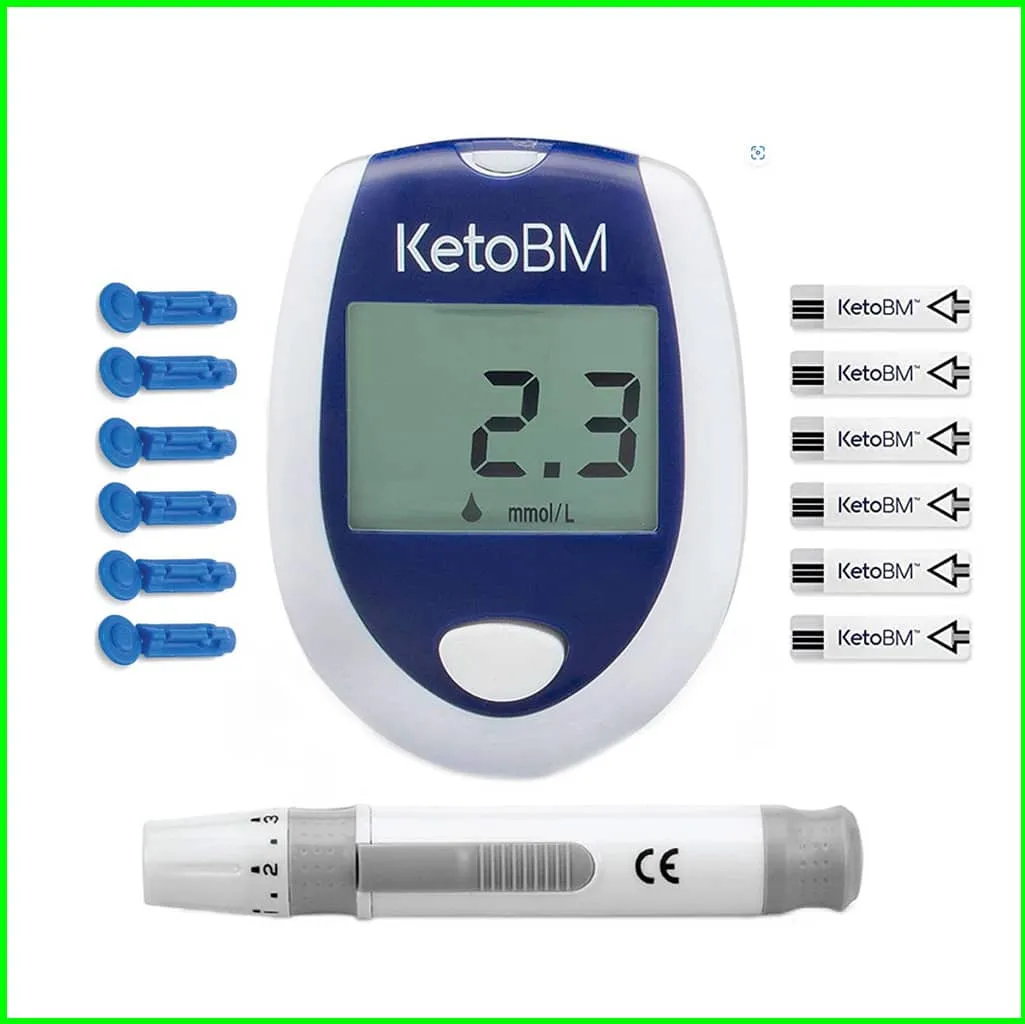


Simply put, when you consume very little or no carbohydrates and focus on fats and protein in a keto diet your body begins to be starved of the glucose it would notmally depend on for the energy needed by your brain, nervous system, and every cell in your body.
When this happens, your body has no option but to use protein to make glucose in a process called gluconeogenesis, which takes place in the liver rather than the digestive system. However, by reducing the amount so protein your body will resort to burning your body’s stored fat and, in the process, creates keytones.
As you will see below, these keytones are an alternative source of energy to the glucose which is normally produced when the body metabolizes carbohydrates. When enough of them accumulate your body enters into a state of ketosis. This change in your body’s energy metabolism where ketones are used instead of glucose is called ketogenesis.
The key to starting the journey towards ketosis is to severley restrict your carbohydrate intake and focus on fats and to a lesser extent protein. We have included books containing a variety of keto diets and related information so you can consider whether such a diet is for you.
Following this regime, the time it takes to enter ketosis can vary from person to person depending on issues such as their metabolism and age. Some say it takes around 2 to 4 days for your body to adapt to the change while other say it can take as much as 2 weeks or more.
Physically, at least to begin with and until the body adapts, you will feel tired. You’ll also notice that you urinate more which will lead to weight loss resulting from water loss. If you have high blood pressure, it’ll start to come down.
Some publications rightly state that when you consume less and less carbohydrate, or practice extended fasting, it triggers a severe decrease in glucose production. They say the body and brain need glucose to function. And while the body can resort to producing glucose from a diet high in fat and protein it will come from the protein rather than the minimal quantity produced by fat. They continue with the assertion that, unlike fat, your body does not store any excess protein, so when protein is used to produce glucose, it does so at the expense of properly maintaining your immune system and other body functions.
On the other hand, it has been known for over fifty years that glucose is not the only source of energy for our bodies and brain. This was discovered during a study involving participants who fasted for a prolonged period which would have killed them if the prevailing belief that glucose was our only source of energy was to be believed. In fact, the participants did not die as their bodies turned to fat for fuel, which increased the production of keytones.
So, it’s hard to classify Keto diets in black and white terms such as good or bad. Health professions agree that it all depends on the individual. For example, a keto diet reduces the blood sugar level in the body which can lead to a condition called hypoglycemia where sugar levels can become dangerously low. This is especially relevant for people on diabetic medication which also reduces blood sugar levels.
Some assert that this kind of diet is not something you would want to follow religiously for the rest of your life. Others suggest that adopting a Keto diet either over the long term or intermittently can provide you with a lot of health benefits and prevent some common ailments appearing in your later years.
So, before embarking on any specific diet consult a health professional so you can be sure you are the type of person suited to the considerable changes that will take place in your body.
In addition, when you follow a diet designed to lead to ketosis you may develop a deficiency in vitamins and minerals.
Some people are able to tell when they are in a state of ketosis by the reactions they undergo. Others prefer to use one of these or similar monitors.